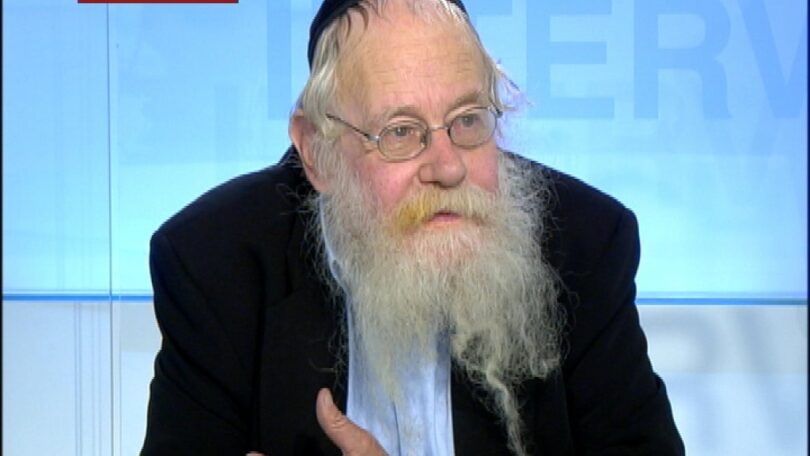On the whole, to be a Jew is difficult because it requires one to adapt to opposites.
One can feel that Purim is an enjoyable holiday, or, on the contrary, he can feel that Purim is unpleasant, while Tisha B’Av is enjoyable.
But the Torah that commands us to drink and rejoice on Purim is the same Torah that tells us to weep and fast six months later, and we are required to adhere to both, each one in its proper time.
God wants us to love Him “with all your heart” – the whole range of what is in the heart, the entire spectrum: the joy and the sorrow, the uplift and the letdown, the descent and the ascent – where we give everything and receive everything at the same time.
There was once a large fire that broke out in a town.
A Jew stood beside the fire, crying, dancing, clapping his hands, and declaring with great fervor, “Blessed are You, O God…who has not made me a heathen.”
The other townsfolk asked the man, “What does this blessing have to do with your dancing beside the fire?”
He answers, “If I were a heathen, my god would be consumed in the fire as well. So I am thankful that my God remains alive and well.”
The man was right: When one reduces one’s entire faith to one pillar, what happens when that pillar suddenly falls apart and collapses under him?
What does one do when his whole world falls apart?
It is hard to be a Jew, because Judaism requires of me to be at once extreme and moderate, calm and wild, to dance and to crawl.
This is the complex nature of life that we must accept, even though the evil urge constantly knocks on the door, tempting us to reduce it all to one thing.
–Rabbi Adin Steinsaltz

